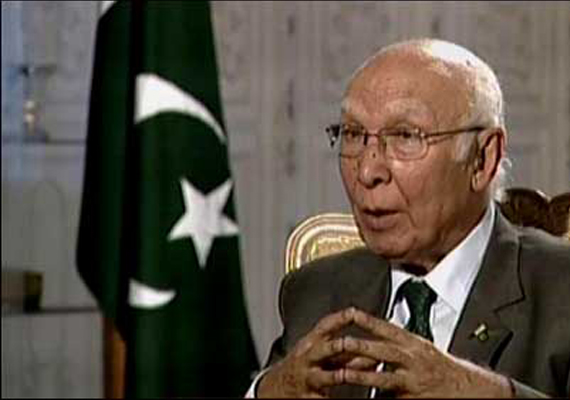
India’s opposition Bharatiya Janata Party (BJP) is expected to emerge as the largest parliamentary force after the general elections, paving the way for its controversial leader Narendra Modi to become the next prime minister.
Critics fear the Hindu nationalist leader’s possible rise could worsen ties with neighboring Pakistan, but leaders and observers in Islamabad think otherwise.
In Pakistani political circles, the relatively optimistic outlook on Narendra Modi’s possible rise to power is rooted in history.
Many cite the example of former BJP Prime Minister Atal Bihari Vajpayee who undertook a historic bus journey to Lahore in 1999 to promote peace with Pakistan.
That visit laid the foundation for a wide-ranging peace dialogue aimed at normalizing relations and trying to resolve territorial disputes.
It led to increased transportation and trade links, and a reduction in tensions. The peace process has since suffered repeated setbacks and been stalled for more than a year.
Pakistani advisor on foreign policy and national security, Sartaj Aziz, however, admits Modi is unpredictable compared to Vajpayee because of his anti-Muslim image and anti-Pakistan rhetoric at times.
“The previous breakthrough that we had with India in the Lahore process in February 1999 it was also Mr. Vajpayee of BJP. So, I think any government that the people of India elect Pakistan would deal with them.
And I think pre-election rhetoric is a different thing after election I think the peace constituency in both the countries is strong and I hope the BJP government if they come to power, whichever government come to power will respond to that,” said Aziz.
Indian peace activist Satya Paul Arora also dismissed concerns bilateral ties will worsen under a Modi-led BJP government.
No comments:
Post a Comment